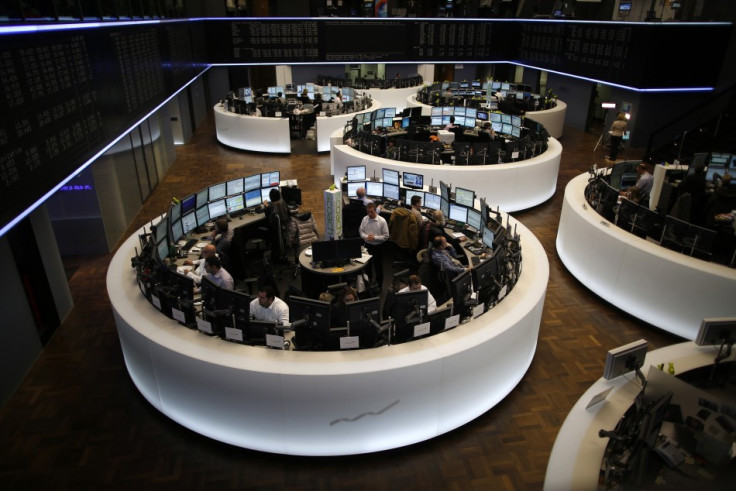European Stocks Decline on Global Economic Concerns

European stocks fell in the opening minutes of trade as investors considered US spending cuts, Italian political issues and China's decision to tighten curbs on its property sector.
The FTSEurofirst 300 index tracking the region's blue-chip stocks fell 0.3 percent to 1,165.41. The UK's FTSE 100 was down 0.4 percent while Germany's DAX fell 0.7 percent.
Spain's IBEX and France's CAC-40 slipped 0.6 and 0.5 percent respectively. In Italy, the FTSE MIB dropped 0.9 percent.
The single currency eased against the dollar, trading at about $1.30.
In the US, the lawmakers have failed to reach a consensus on the sweeping spending cuts that came into effect in the previous week, despite much discussions and debates. Investors are now keeping a close watch on the developments as analysts warn that the $85bn-worth budget cuts could have a negative impact on the US and global economy.
Analysts point out that the continued US economic concerns could prompt investors to maintain a cautious stand in the short term. However, official indicators released in the previous week that showed better-than-expected manufacturing and consumer spending figures have eased some concerns.
Meanwhile, the eurozone finance ministers are set to meet in Brussels later in the day, where discussions on Cyprus' bailout conditions are expected to be the main focus. Analysts suggest that the ministers may also discuss the European Commission's recent economic forecasts.
Traders are keeping a close watch on developments in Italy, after last week's elections triggered a political deadlock. Markets are also awaiting the policy meets from European Central Bank (ECB) and Bank of England (BoE), expected later this week.
Most Asian markets had earlier ended lower, with the Chinese stocks tumbling on speculations that the government my tighten controls over the property sector.
The Shanghai Composite Index fell 3.56 percent to close at 2273.4. Hong Kong's Hang Seng traded 1.65 percent lower to 22502.05 towards close. Australia's S&P/ASX 200 closed 1.49 percent lower to 5010.5.
South Korea's benchmark KOSPI slid 0.66 percent to 2013.2. Japan's benchmark Nikkei average index gained 0.40 percent to 11652.3.
In China, fears that the government will impose controls on its real estate sector dampened market sentiments. In the previous week, the State Council had indicated that the government might increase the mandatory down payment and loan rates for second-home buyers in cities that are seeing an increase in prices.
It triggered a sell-off on property stocks, weighing the benchmark indices in Shanghai and Hong Kong. Rising property prices have become a major dilemma for the Chinese government as it looks to strike a balance between growth and price rise.
"The edict marked a reversal of an implicit softening of property controls since spring 2012," said China economists at Bank of America Merrill Lynch.
"More detailed measures will be announced by related ministries including the PBoC in Beijing and local governments, so markets should definitely take the edict seriously and be prepared for falling prices of related financial assets".
But analysts point out that the curbs could actually benefit the economy as more buyers could turn to new homes, which could potentially help developers and related-manufacturers. The real-estate sector is a key driver of the country's economy, directly impacting about 40 other industries.
© Copyright IBTimes 2025. All rights reserved.



















